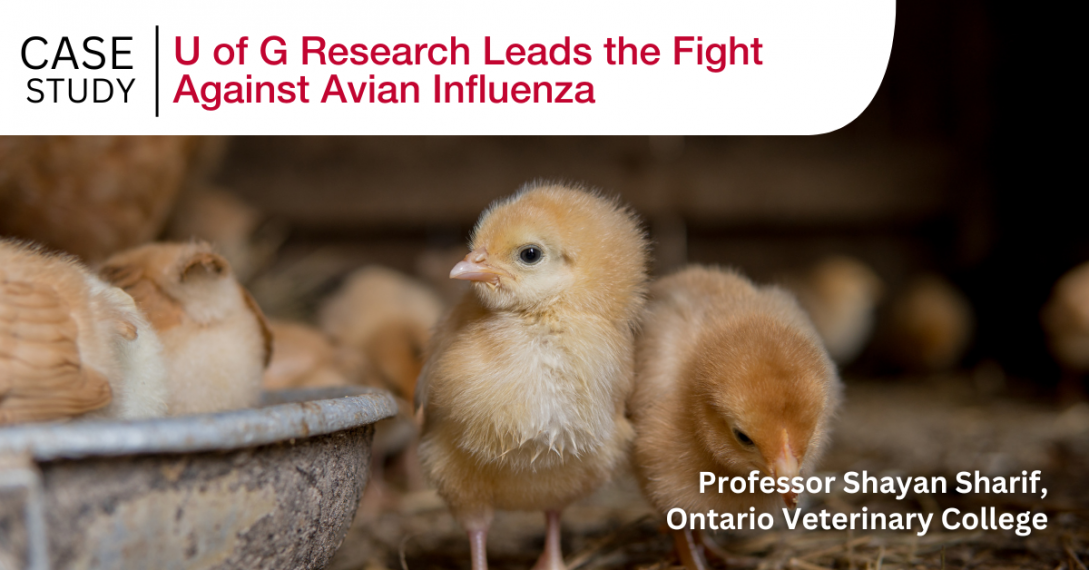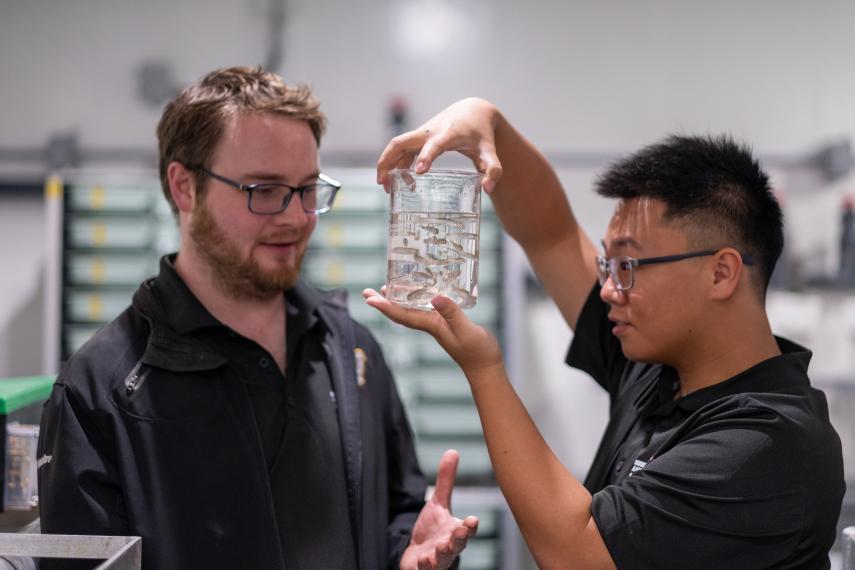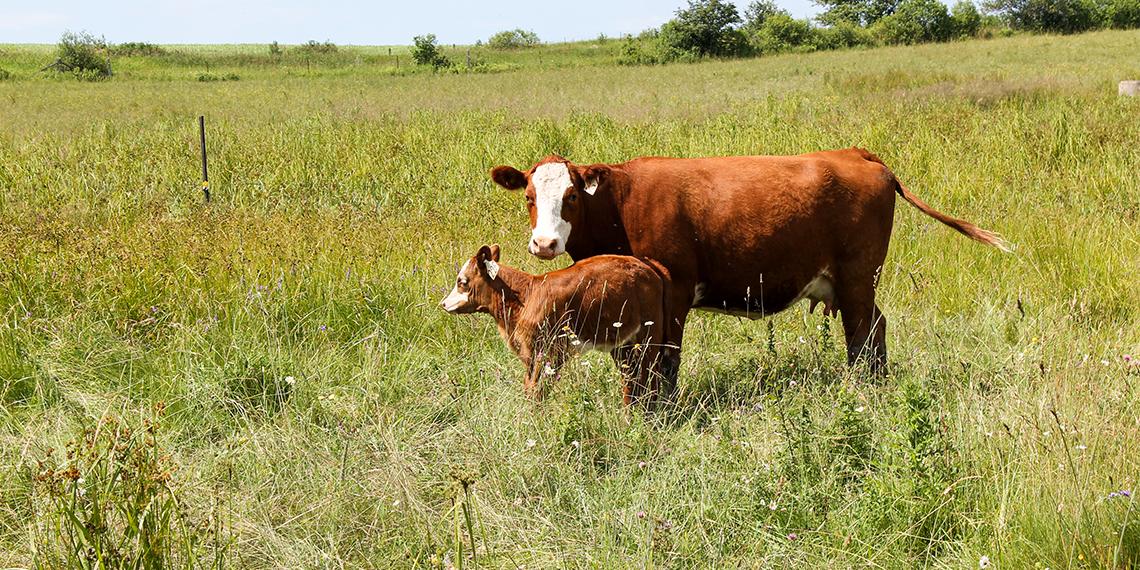
U of G research leads the fight against avian influenza
In early 2024, an outbreak of avian influenza virus (AIV) in U.S. dairy cattle prompted a burst of alarming news headlines and calls for action in the scientific community.
Up to this point, nobody knew the H5N1 strain of influenza could spread to cattle—though it had already devastated poultry flocks around the world and was known to circulate among hundreds of avian species and about 50 species of mammals.


